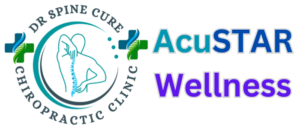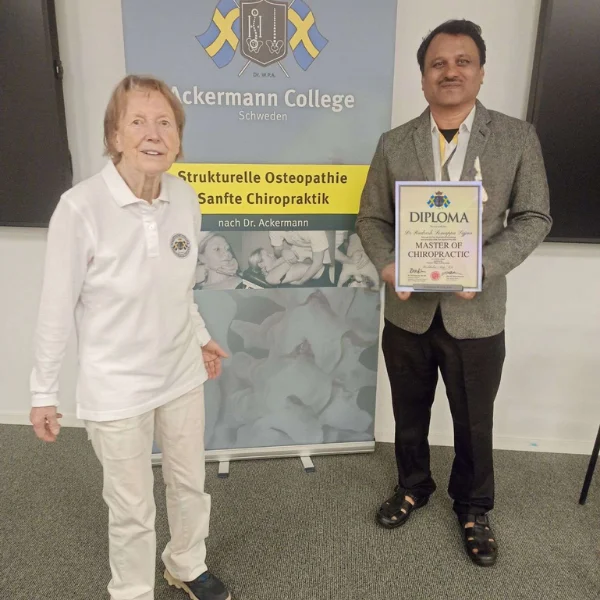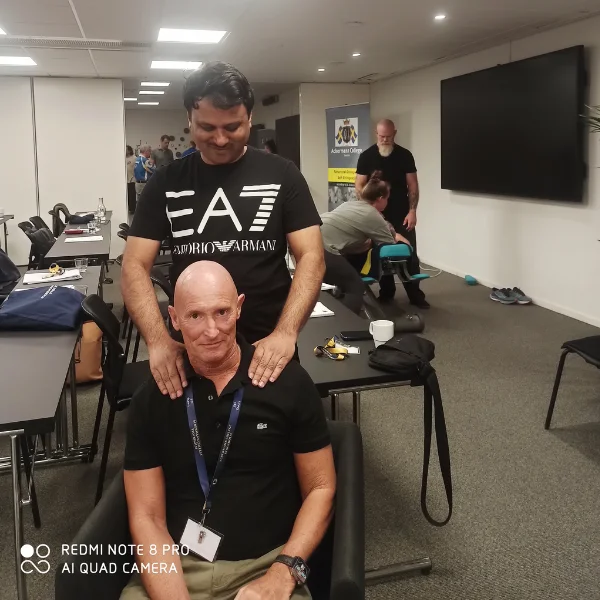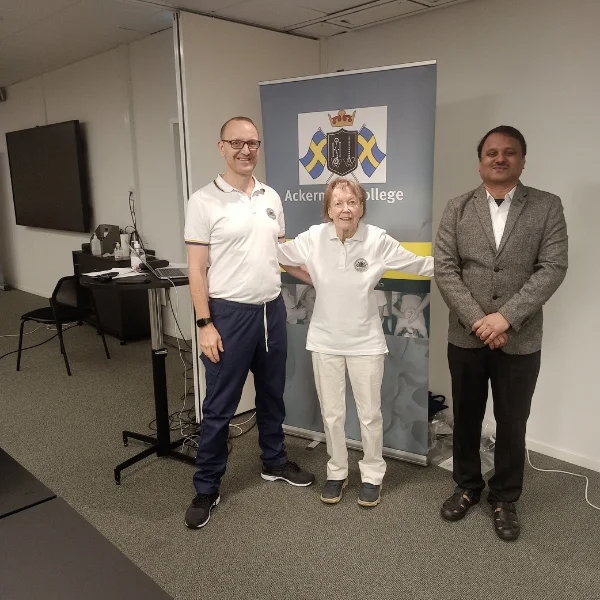our Best services of chiropractOR in bangalore
What Chiropractic can Treat?
We offer top Treatments by No.1 chiropractor in Bangalore for back pain, neck pain, sciatica, spondylitis, knee pain, arthritis, Joint pain, posture Correction, Spine problems, etc. Dr. Rudresh is certified & licensed from Ackermann College @ Stockholm-Europe's No. 1 college since 1974 & Trained by dr. paul (orthopedic Surgeon cum chiropractor in Sweden), CDC in Dr. cox chiropractic by Leander healthTech, USA; & Dr. Thomas-Hollywood Celebrity Chiropractor (US/germany).

Experience expert chiropractic care for back pain relief in Bangalore. Our Europe-certified chiropractors provide top-notch treatments @ AcuSTAR Wellness that are tailored to your needs.
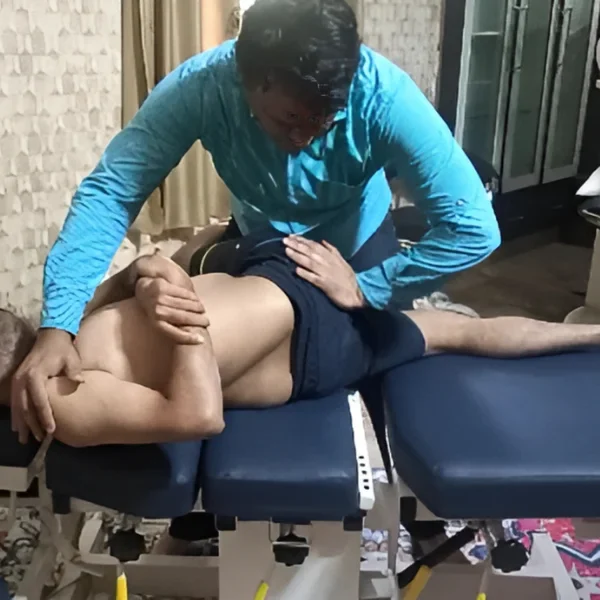
Sciatica Pain
Get result-oriented chiropractic care for sciatica pain relief in Bangalore. At AcuSTAR Wellness, we specialize in curing sciatica pain with unique treatments such as chiropractic +osteopathy, e-stim, auricular, cupTx

Neck Pain
Find professional chiropractic adjustments for neck pain at AcuSTAR Wellness in Bangalore. Our specialists offer quick adjustments to help you get back comfort and mobility.
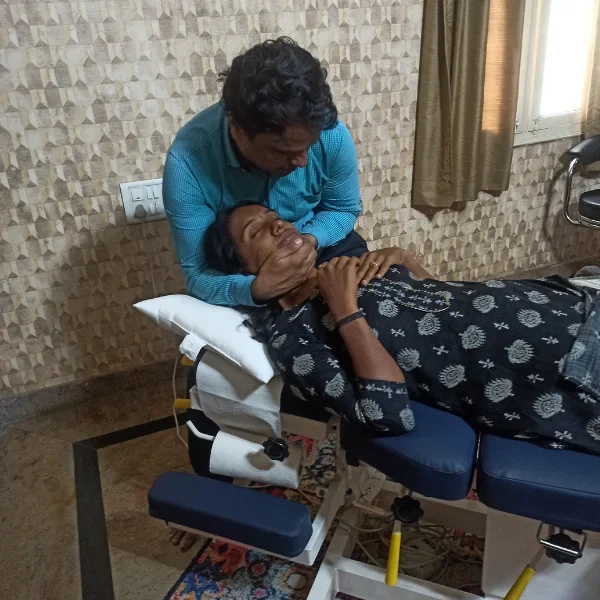
Cervical Spondylosis
Now you can reverse cervical spondylitis effectively with special chiropractic care in Bangalore. AcuSTAR Wellness offers unique combination of treatments for better spine health and quality of life.

arthritis/Joint Pain
Get rid of arthritis and joint pain with chiropractic care in Bangalore. AcuSTAR Wellness provides effective, personalized treatments to enhance your joint function and relieve pain naturally.
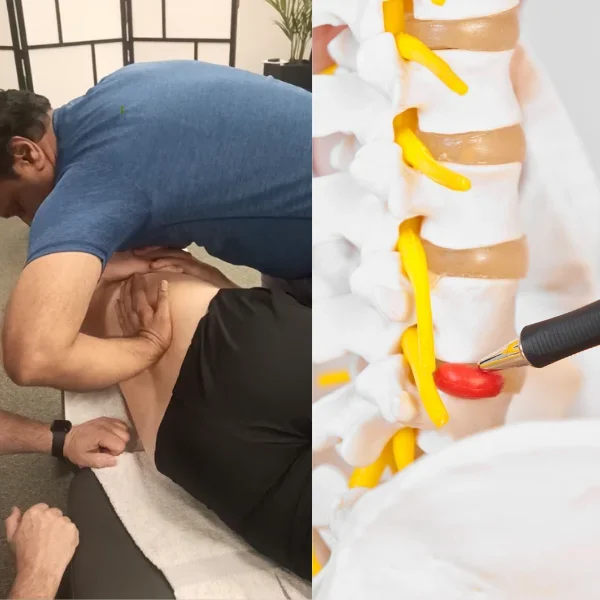
Disc Bulge/spine Pain
Explore comprehensive chiropractic treatments for disc bulge, herniated discs, and spine pain in Bangalore. Our experts at AcuSTAR Wellness can treat them effectively to restore spinal health.
